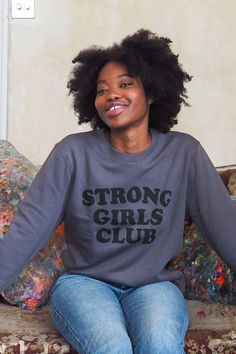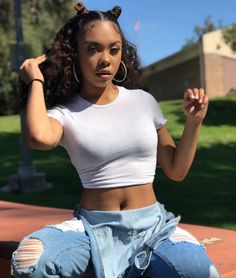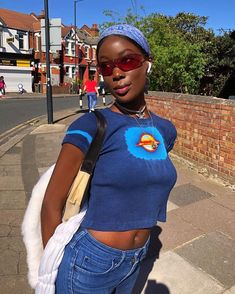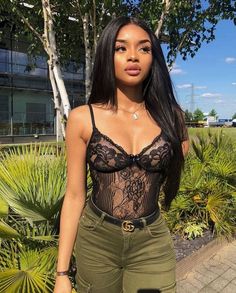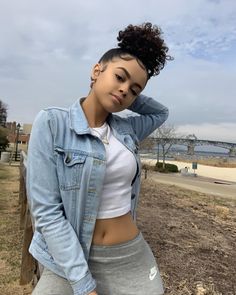

+447907008192
NEW MODELZ FASHION MODELLING & TALENT AGENCY.
NEW MODELZ IS AGAINST SIZE ZERO MODELlING, OUR MODELS INCLUDE ALL SHAPES & BODY TYPES. WE ARE A EQUAL OPPORTUNITIES EMPLOYER & WELCOME MODELS FROM THE LGBTQ+ COMUNITY.
WANT TO MODEL FOR US ? SUBMIT YOUR PHOTO'S VIA WHATS APP +44 7424 284841 OR BY EMAIL TO NewModelz@Proton.ME
